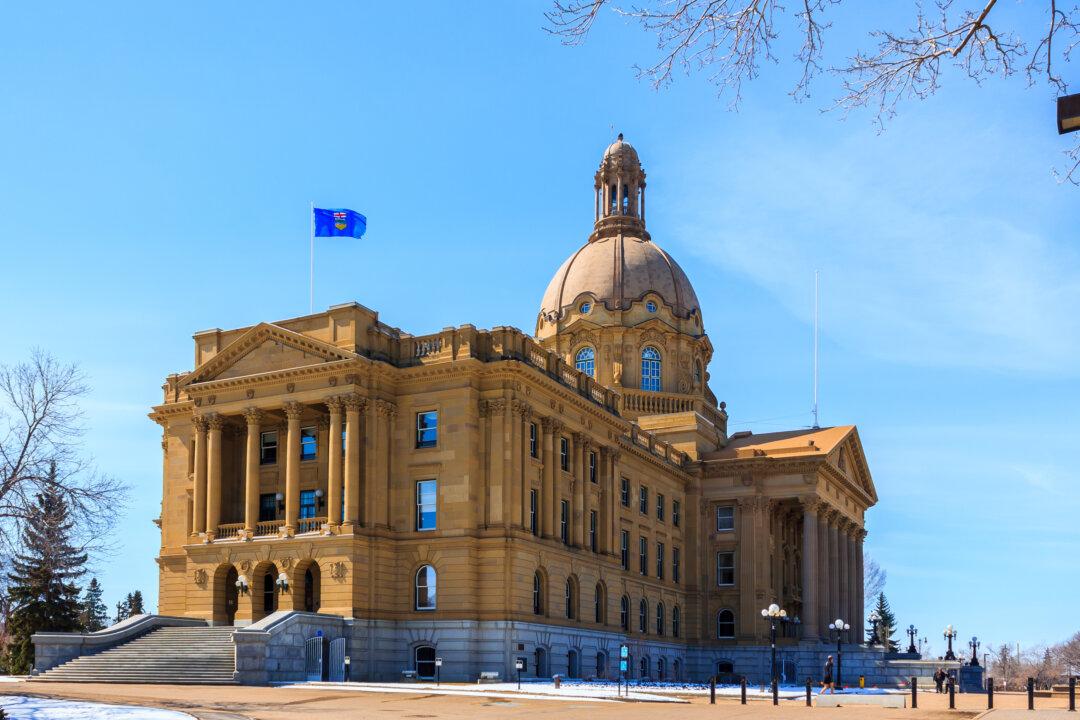Albertans will vote in a referendum on equalization this fall if the provincial government’s motion to debate and approve the referendum question gets passed. But it’s an exercise some pundits say will be more likely to influence provincial politics than the Canadian Constitution.
The question proposed for the ballot in the Oct. 18 municipal elections is, “Should section 36(2) of the Constitution Act, 1982—Parliament and the government of Canada’s commitment to the principle of making equalization payments—be removed from the constitution?”





